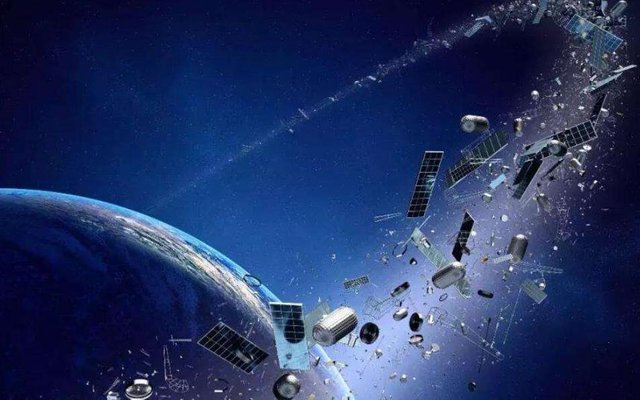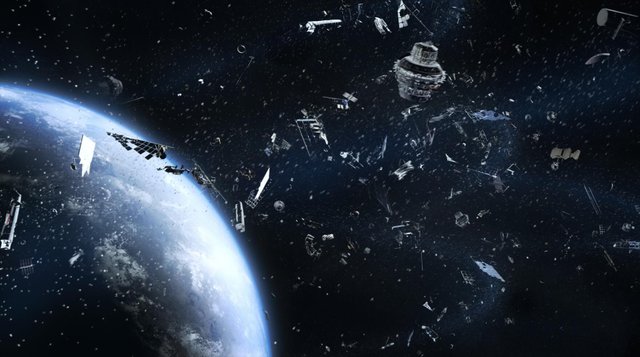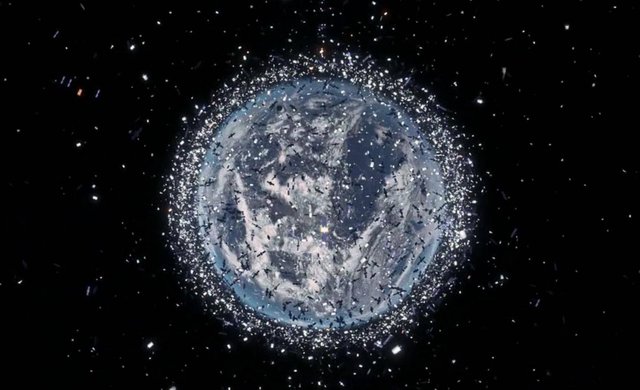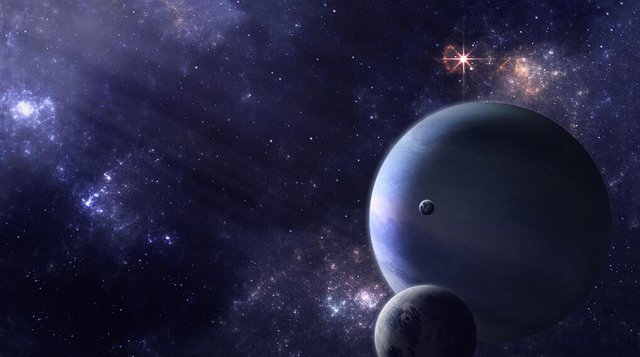
Artificial satellites in near-Earth orbit were few and far between in the middle of the last century, with only a few satellites orbiting the Earth. But now there are thousands of satellites in near-Earth orbit orbiting the Earth, and there will be more in the future.
Scientists are trying to figure out how many satellites are currently orbiting the Earth, and how many more will be added in the future. What problems will these satellites cause when they go into space?
Supriya-Chakrabarti, a professor of physics at the University of Massachusetts Lowell, has published an article saying that since the Soviet Union launched the world's first artificial satellite in 1957, the number of launches per year has been growing slowly. By 2020, however, all countries worldwide will have launched more than 1,300 new satellites into near-Earth orbit and more than 1,400 satellites in 2021. According to the United Nations Outer Space Objects Index, there are about 7,500 operational satellites in near-Earth orbit as of September 2021.
Crowded space

The number of satellites in the region of 2,000km from Earth will continue to grow exponentially in the coming decades. The reason for this is that some private companies are building their own giant satellites, each containing thousands of small, independent satellites. These satellites will be used to develop ultra-high-speed network systems and climate monitoring systems, among other things. Part of the reason is that building satellites is no longer as costly as it used to be. For example, SpaceX, OneWeb, Amazon and other companies have a staggering total of more than 60,000 satellites. Yet the total number of satellites needed for all phases of these companies' satellite projects will be much larger than 100,000."
In October of this year, Rwanda also unveiled a huge constellation called Cinnamon. This constellation could include more than 320,000 satellites. It is unclear when this project will come to fruition, but there have been official reports that applications for the project have been approved. However a series of new problems have emerged, such as the problem of space traffic management, as the proliferation of space debris can interfere with astronomy and space observations. And the launch and return of rockets can cause air pollution.
Debris in space

As more and more satellites are launched in the future, the number of impacts and debris generated will increase dramatically. There are already rough estimates of at least 128 million pieces of debris in near-Earth orbit, including about 34,000 pieces over 10 centimeters, and more and more. This debris would be a threat to the normal operation of other satellites. If one of the satellites in a particular orbit collides with debris more debris may be created, thus affecting more normal satellites in orbit. In fact, however, collisions are not the only source of space debris; satellites can also be scrapped and turned into space junk by long-term exposure to strong ultraviolet light.
Debris in space can cause damage to other satellites and spacecraft. Just this past June, the International Space Station was hit by debris that broke a robotic arm, fortunately without serious incident to the station or the astronauts inside. The damage caused by space junk is incredible. More and more satellites could eventually trigger an uncontrolled chain collision, and all the debris would be scattered around near-Earth orbit, making it impossible to launch new rockets. Then the human desire to become a multi-planetary species would not be realized.

In fact, this will not happen suddenly, it will only accumulate slowly, and the above scenario can be avoided if humans unite to improve the efficiency of space incoming and outgoing removal. But removing space debris from near-Earth orbit is difficult, and there is no clear international consensus on a removal program.